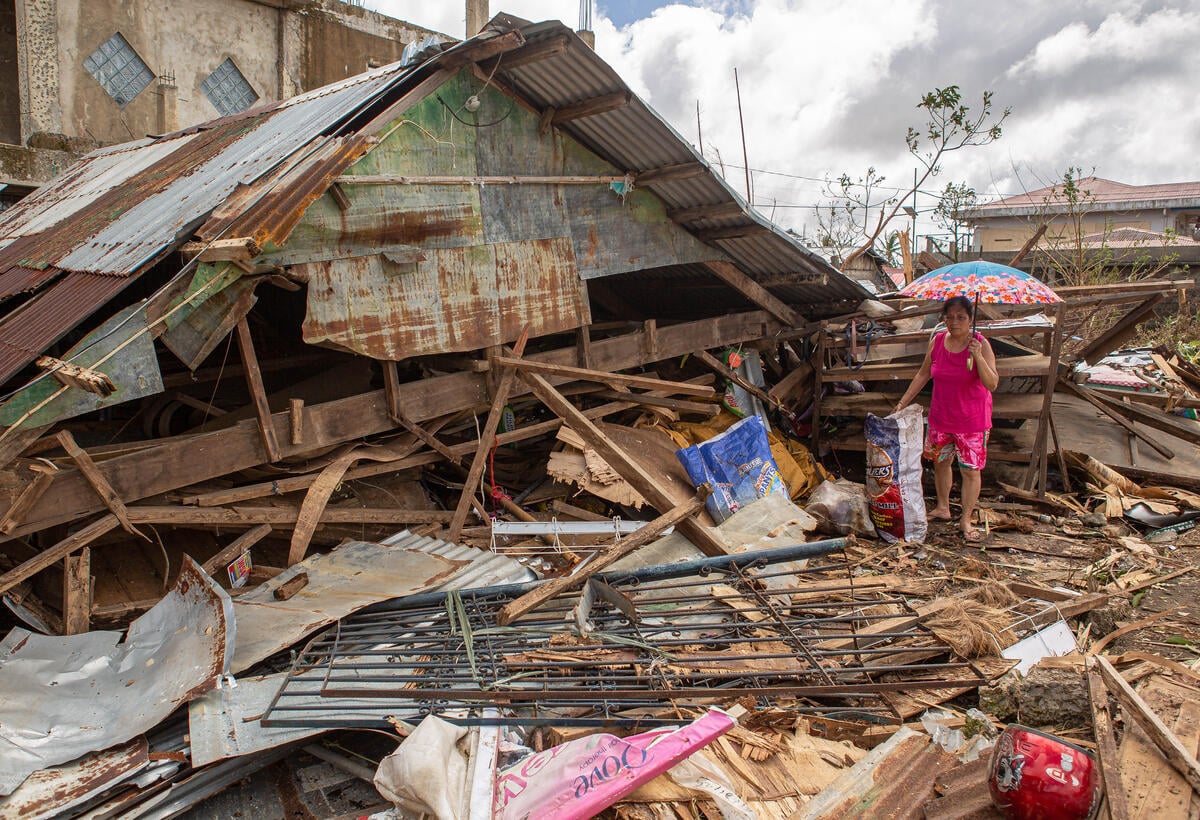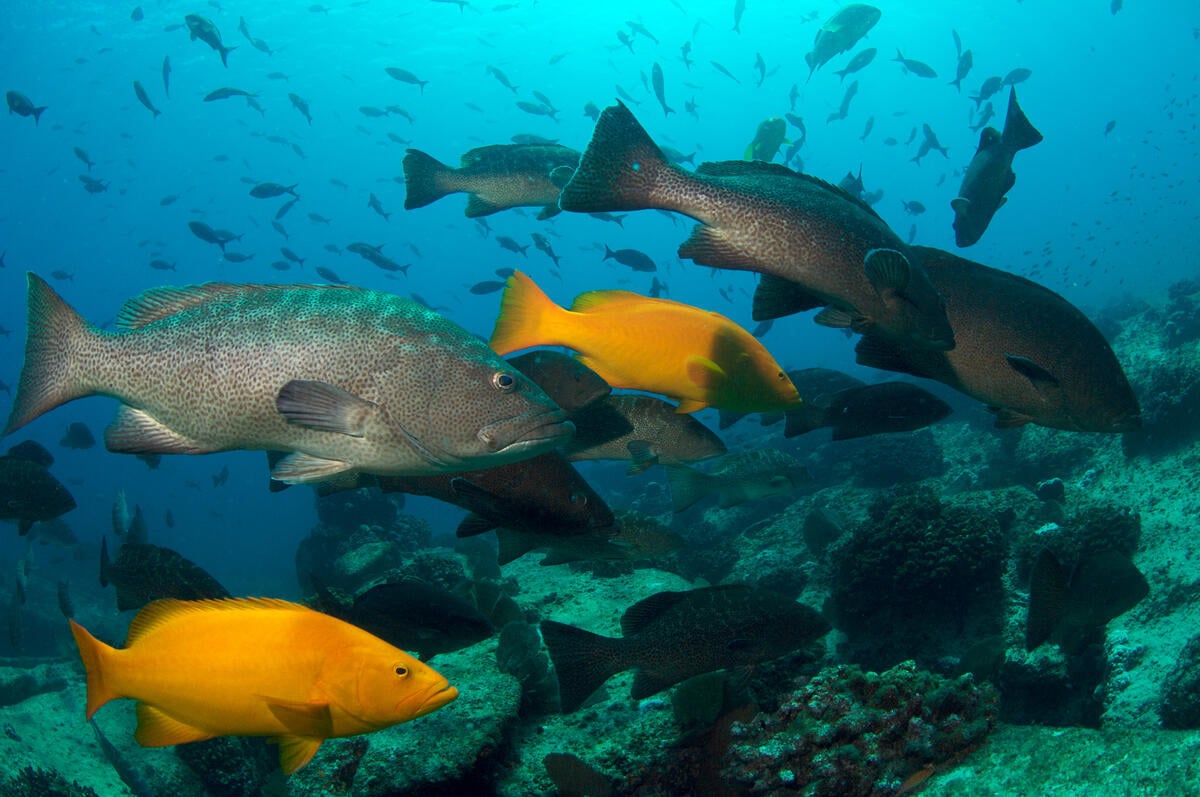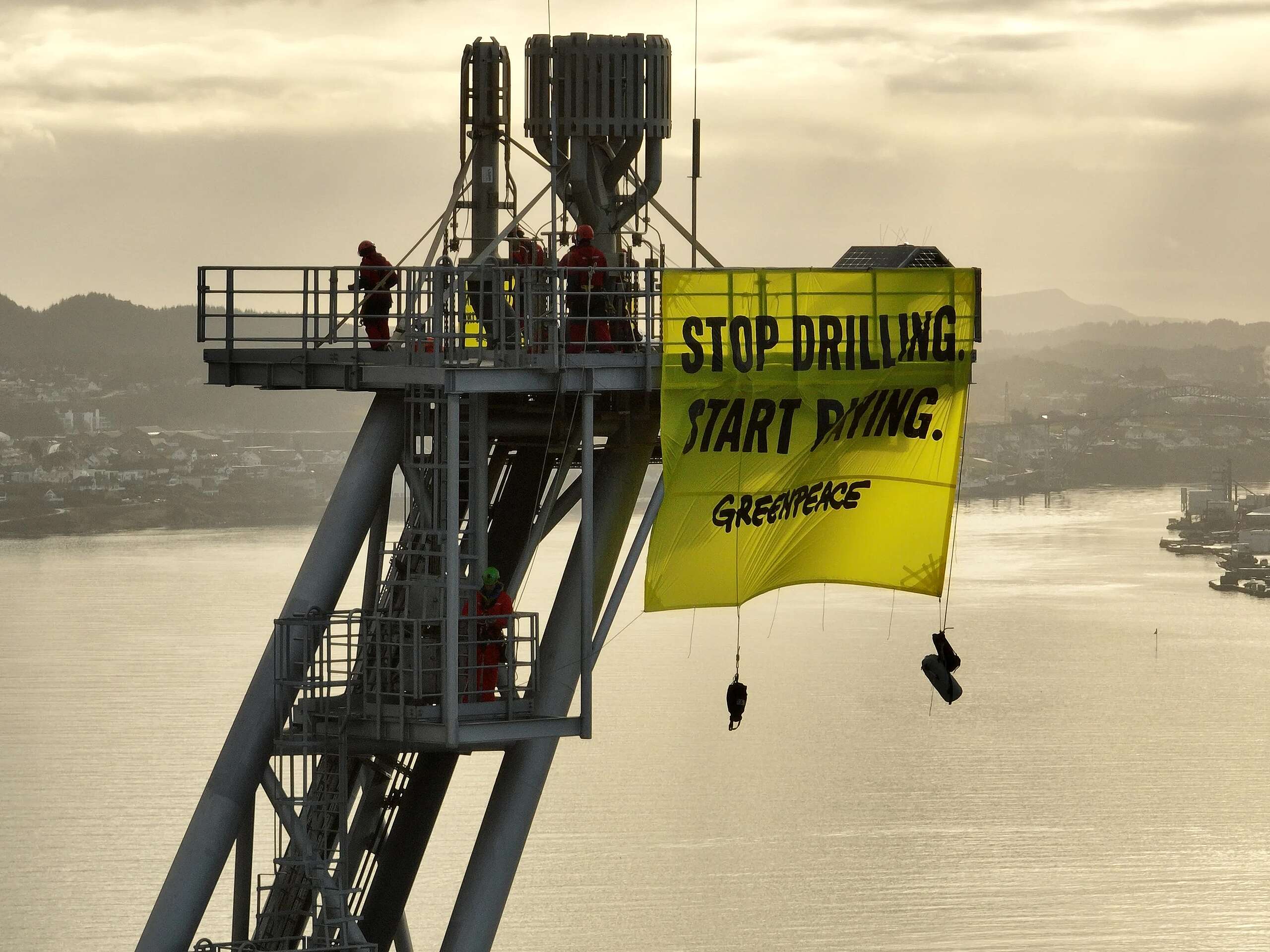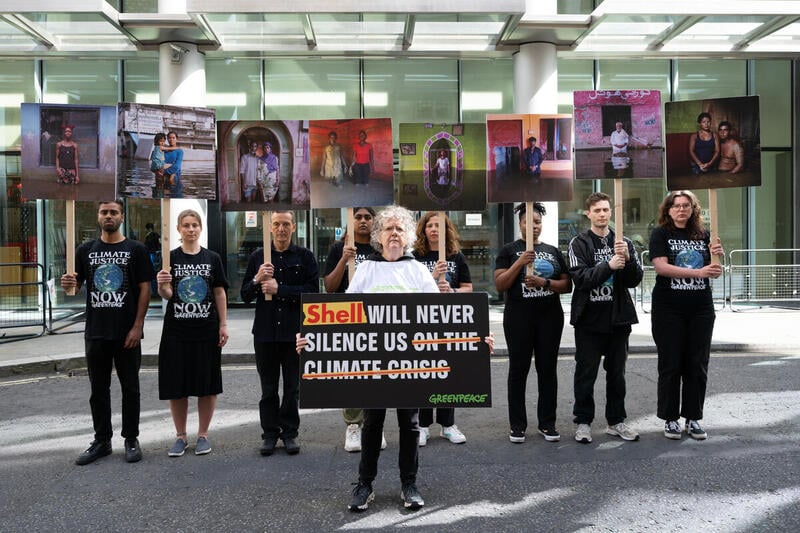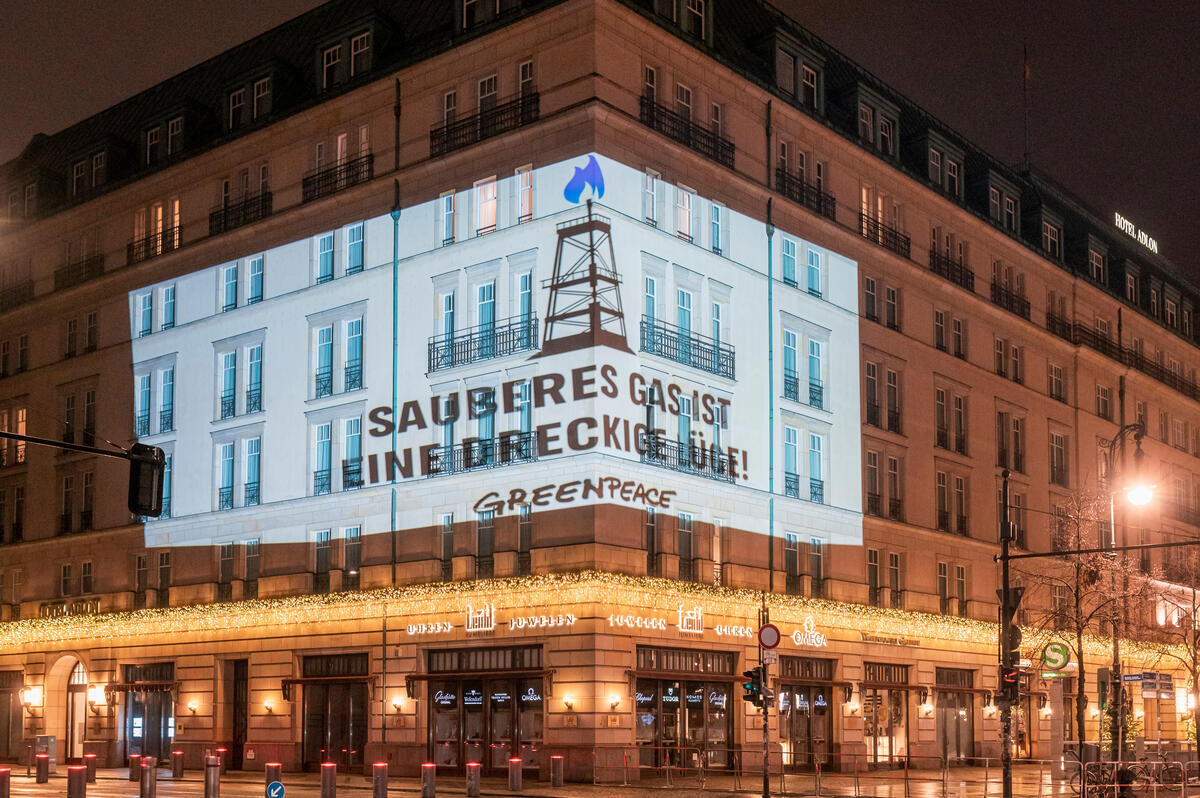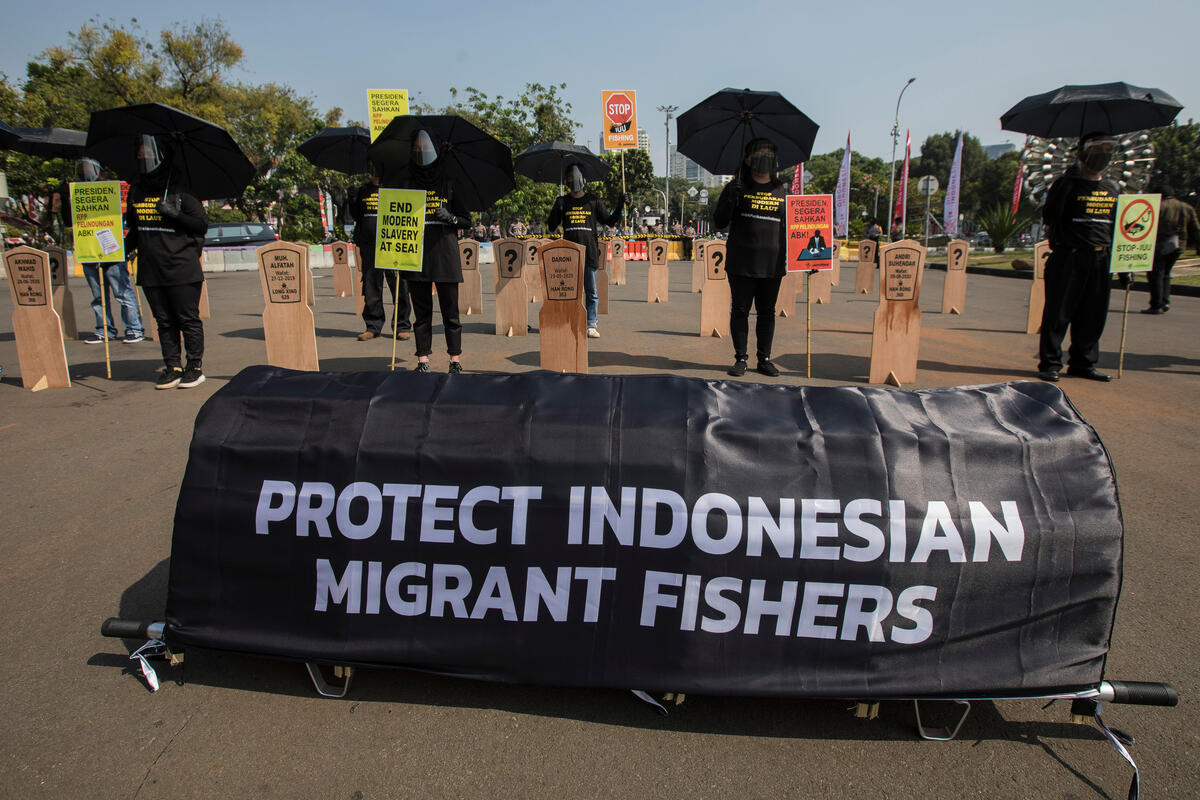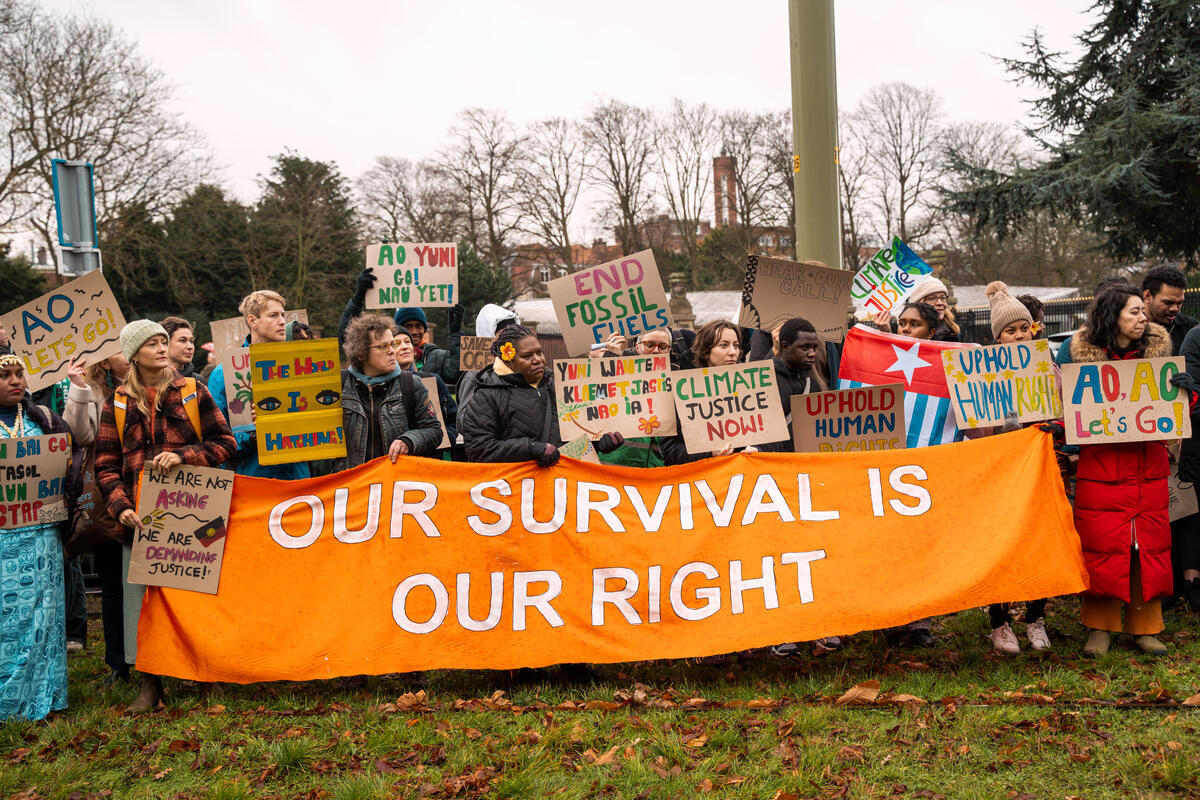-
New study shows typhoon season made worse by climate change: Greenpeace Philippines responds
A study by World Weather Attribution found that climate change made November’s typhoon series in the Philippines nearly twice as likely and increased the likelihood of at least…
-
Cabo Pulmo is at risk of being plundered for profit – again
Cabo Pulmo is an underwater paradise.
-
Breaking: Shell backs down in its lawsuit against Greenpeace
Shell backs down in their multimillion dollar lawsuit against Greenpeace over a peaceful protest. We showed them their bully tactics won't intimidate us - and now they've settled out of court. People power works!
-
Shell settles multimillion-dollar SLAPP lawsuit against Greenpeace
Shell backs down in their multimillion dollar lawsuit against Greenpeace over a peaceful protest. People power works.
-
New study: Liquefied gas, an unnecessary yet explosive risk
A new study commissioned by Greenpeace Germany delves into the history of liquefied gas (LNG) accidents, highlighting lack of transparency, underestimated risks to human safety, and failing safety protocols.

